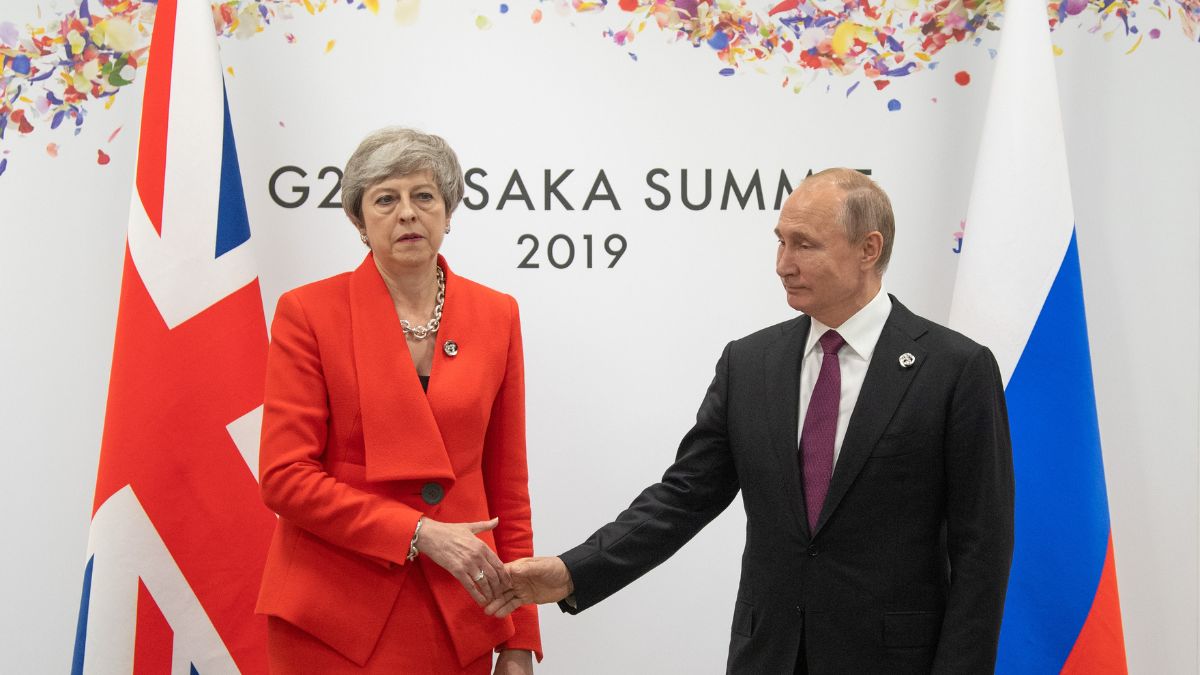
European leaders are frustrated and surprised over the Trump administration’s unwillingness to impose more sanctions on Russia and Putin, a position defended by Secretary of State Marco Rubio at the recent NATO summit.
While European countries push for stronger economic pressure on Moscow, the U.S. administration argues that keeping communication open is necessary for negotiating peace in Ukraine.
As reported by Politico, European leaders think increasing sanctions is crucial to forcing Russia into serious peace talks. However, Secretary Rubio has said that imposing harsher sanctions could make it harder for the U.S. to engage with Russia in discussions about a ceasefire. He argued that introducing sweeping new economic penalties would signal that a negotiated solution is not possible anytime soon and would shut down chances for dialogue.
According to Rubio, the administration wants to stay flexible, believing President Trump will know the right time to act. Rubio’s public statements surprised many NATO foreign ministers. The night before his remarks, during a private dinner about Ukraine, he reportedly gave a different impression.
The US is unwilling to sanction Russia, despite EU’s pressure
European diplomats, speaking anonymously, said Rubio hinted that the Senate might pass new sanctions on Russia after President Trump’s “Big Beautiful Bill” tax and spending plan became law. At the same meeting, he also admitted that Russia is the main obstacle to peace talks in Ukraine, which seemed to align with European concerns.
One of the European diplomats said of the Russian President, “at a certain point, it’s going to look like Putin is playing Trump for a fool. Trump says he wants to end the war. And the only way the war is going to end is if we increase the amount of pressure on Putin.”
Abandoning Ukraine, US Secretary of State Rubio implies that only Europe can end the war – by lifting sanctions on Russia.pic.twitter.com/aQBlyaVFPC
— Jay in Kyiv (@JayinKyiv) April 18, 2025
The gap between Rubio’s private comments and public stance has left European diplomats uneasy. Many feel the U.S. is not treating the Ukraine crisis with enough urgency. There is growing worry that Russian President Vladimir Putin is taking advantage of America’s approach. One European diplomat summed up this fear, saying it may soon look like Putin is outsmarting Trump and that the only way to end the war is by increasing pressure on Russia.
A senior U.S. official asked about the mixed messages and insisted Rubio’s position is consistent but that people may be focusing on different parts of his statements. The official repeated three key points: President Trump believes negotiations are the only way to end the war, new U.S. sanctions would remove America’s role in those talks, and the Senate has its own power to pursue sanctions.
Meanwhile, U.S. lawmakers are working on new ways to pressure Russia. Senator Lindsey Graham has proposed a bill that would impose a massive five hundred percent tariff on goods from countries still buying Russian oil, gas, uranium, and other products—unless Moscow engages in good-faith diplomacy with Ukraine. The bill has strong bipartisan backing, with over eighty co-sponsors, enough to potentially override a presidential veto.
However, Senate Majority Leader John Thune has said he wants a clear sign of support from President Trump before putting the bill to a vote. According to Rubio, the White House is working with Senator Graham and others on the bill to make sure it gives the President enough flexibility.
The U.S. and Russia also disagree on the state of the war. While Russia seems confident it can win territory militarily, the U.S. administration believes Russia’s goals will be much harder to achieve than it expects.
European leaders have been direct in sharing their concerns with the Trump administration. For example, Polish Foreign Minister Radosław Sikorski confronted Rubio at the NATO dinner, pointing out that Russia keeps violating ceasefires by attacking Kyiv with drones. Sikorski stressed that Russia’s actions should not go unpunished, reflecting Europe’s broader view that stronger pressure is needed.







